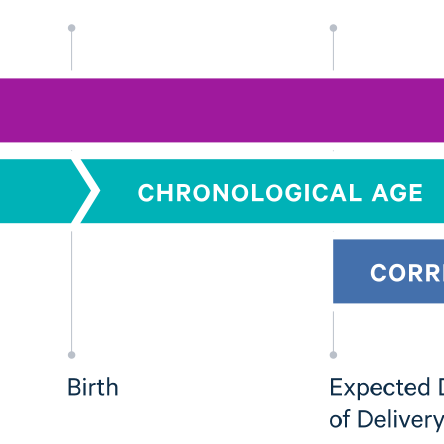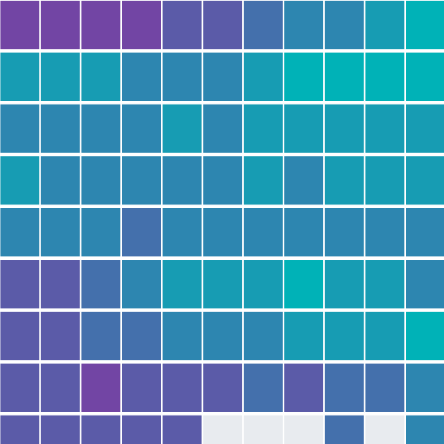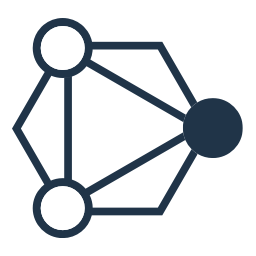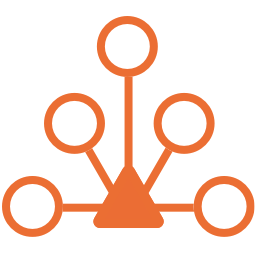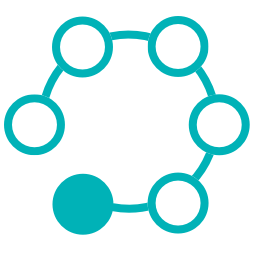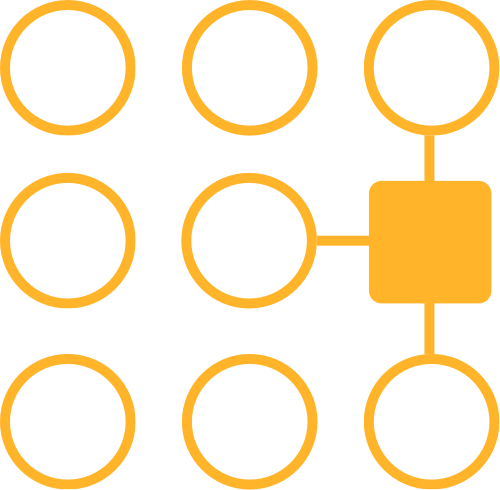
Translation to Decisions
As global health gains knowledge faster, it needs new ways to turn that knowledge into solutions on the ground quickly. An important component of accelerating this transition is to gain an understanding of the local community, data producers, and the local context of the problem early in the process, so that analyses are designed to get at key questions. Our conclusions about types of interventions that will accelerate reductions in morbidity and mortality will rely on the mixture of familiarity with local conditions and detailed individual level data.

From the lab to the field
In a new global health paradigm where data is shared routinely and analyzed continuously, it will also be necessary to find new ways to filter new knowledge and bring vetted learnings quickly into policy and practice. With the large amount of information potentially available for consideration by decision makers, the usual steady but often slow-moving process of generating academic publications before using the evidence to recommend implementation guidelines needs to be transformed. In the new paradigm, it will be imperative to translate knowledge into action more efficiently. It will also be vital to start thinking in broader terms about the audience for this knowledge so that the individuals and communities whose data is being analyzed can participate meaningfully in the conversation about their own health. Early and regular engagement will increase acceptance of recommended changes. Our Ki partners are innovating these new methods with each project they undertake.
